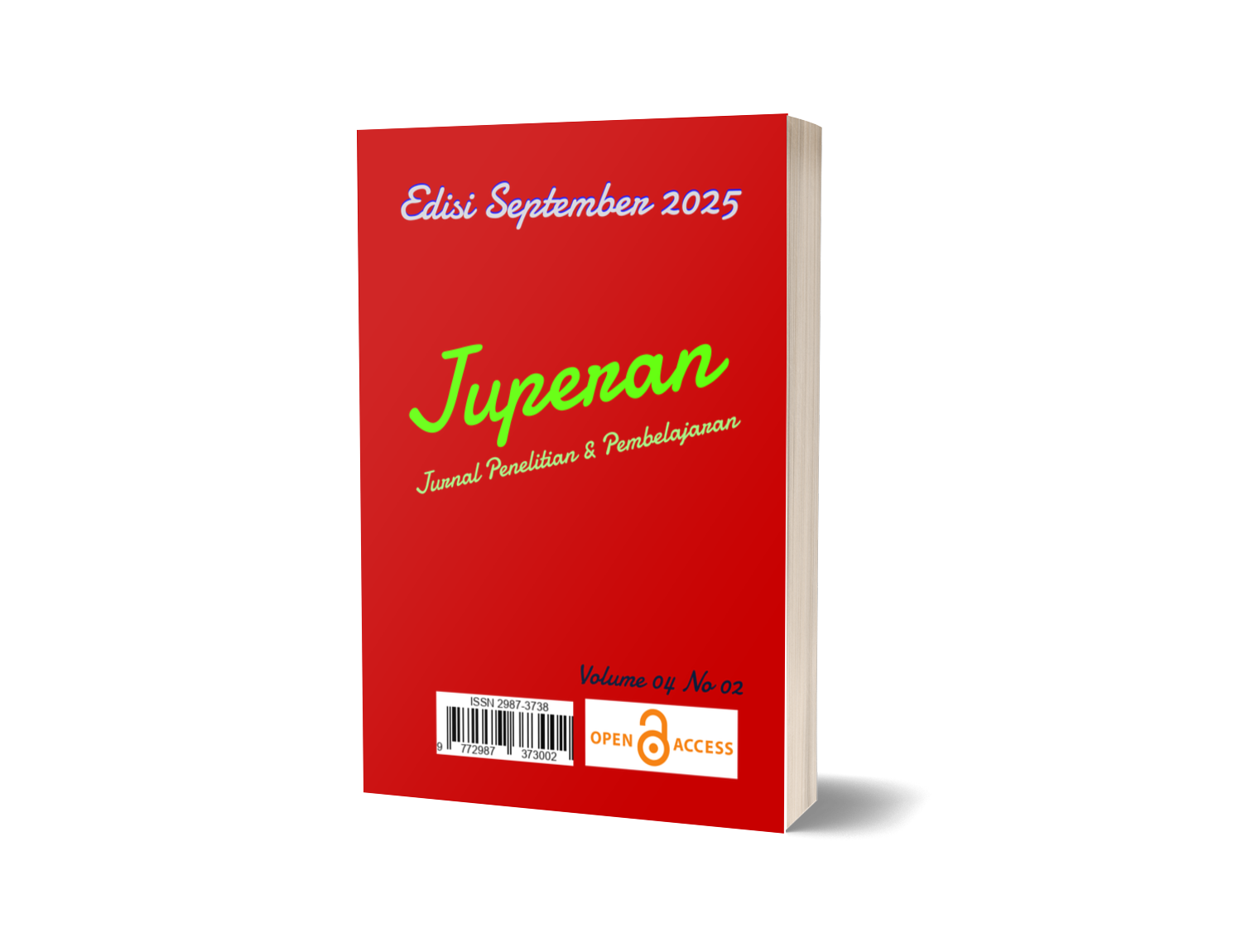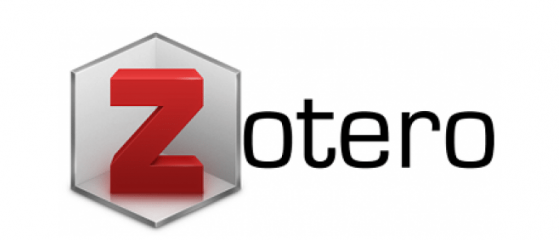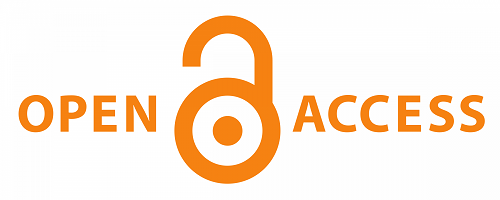Improving Students’ Vocabulary through Problem-Based Learning Strategy in Topic of Analytical Exposition Text (A Classroom Action Research at XI Grade of SMA Negeri 3 Palu)
Kata Kunci:
Vocabulary Development, Problem Based Learning, Asking and Giving Opinion, Classroom Action ResearchAbstrak
This classroom action research aims to improve the vocabulary of eleventh-grade students at SMA Negeri 3 Palu through the use of Problem Based Learning in the topic of Analytical Expisition Text. This research employed a Classroom Action Research (CAR) method, conducted in two cycles. Each cycle consisted of the stages of planning, action, observation, and reflection. The subjects of the study were 33 students, with data collected through observation, tests (pre-test and post-test), and interviews. The results showed an improvement in students' vocabulary through the implementation of problem based learning strategy. In the first cycle, students showed limited vocabulary, which made it difficult for them to understand and use expressions related to asking and giving opinion in Analytical exposistion . However, in the second cycle, there was a significant improvement in students' vocabulary mastery after applying problem based learning strategy. Students became more active, confident, and demonstrated a better understanding of vocabulary related to directions. This research recommends the use of problem based learning as an effective learning strategy to support the implementation of the Kurikulum Merdeka, which emphasizes team work and student-centered learning. By using problem based learning , students are expected to better master vocabulary, feel more motivated to learn, actively participate in class, and not feel hindered due to a lack of vocabulary.
Unduhan
Referensi
Barrows, H. S., & Tamblyn, R. M. (1980). Problem-Based Learning: An Approach to Medical Education. New York: Springer Publishing Company.
Hidayat, R. (2022). Penggunaan model pembelajaran Kemmis dan McTaggart dalam PTK. Jurnal Aksi Pedagogi, 8(3), 56–68.
Nation, I. S. P. (2013). Learning Vocabulary in Another Language (2nd ed.). Cambridge: Cambridge University Press.
Kementerian Pendidikan, Kebudayaan, Riset, dan Teknologi. (2022). Guidelines for Learning and Assessment. Jakarta: Kemdikbudristek.
Parinding, N., Arianti, A., & Asri, A. H. (2024). Peningkatan penguasaan kosa kata pada descriptive text melalui model problem-based learning kelas VII A SMPN 1 Mulia Puncak Jaya. Blantika: Multidisciplinary Journal, 2(6), 45–56. p-ISSN 2987-758X, e-ISSN 2985-4199.
Richards, J. C., & Renandya, W. A. (Eds.). (2002). Methodology in Language Teaching: An Anthology of Current Practice. Cambridge University Press.
Ritonga, M. R., Mesra, R., Pratiwi, S. H., Salem, V. E. T., Wahyu, L., Wahyuni, U., Khasanah, U., Tuerah, P. R., Korompis, M. E., & Putra, S. (2023). Penelitian Tindakan Kelas. PT. Mifandi Mandiri Digital. ISBN 978-623-09-3956-3.
Savery, J. R. (2015). Overview of Problem-Based Learning: Definitions and Distinctions. Interdisciplinary Journal of Problem-Based Learning, 9(2), 1–15. https://doi.org/10.7771/1541-5015.1559
Susanti,. Wijayanti, A., Ernawati, T., & Indahsari, R. N. (2022). Pelatihan Penelitian Tindakan Kelas Bagi Guru Di masa Pandemi. Jurnal Abdi Insani, 9(2), 598-606. https://doi.org/10.29303/abdiinsani.v9i2.628
Tamuu, E. Z. P., Otoluwa, M. H., & Mamu, R. (2024). Improving student’s vocabulary mastery by using problem-based learning in narrative text (Meningkatkan penguasaan kosakata siswa dengan menggunakan pembelajaran berbasis masalah dalam teks naratif). Research Review: Jurnal Ilmiah Multidisiplin, 3(2), 45–56. ISSN 2962-2743.










